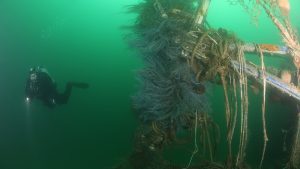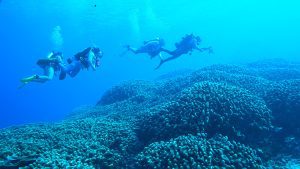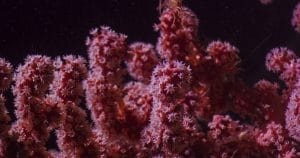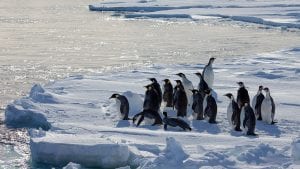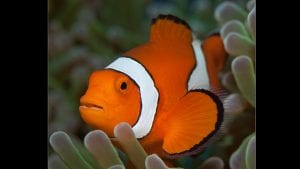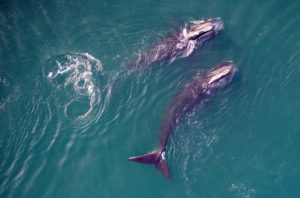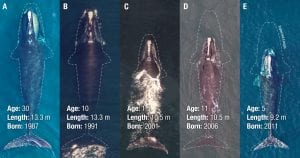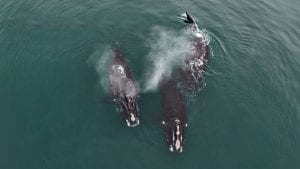Research Highlights
Oceanus Magazine
Scientists at WHOI analyze thousands of dolphin whistles to explore whether some sounds may function like words
News Releases
New ‘bubblegum’ corals found in Northeast Canyons and Seamounts National Monument during human-occupied submersible dives.
Unlike other species that migrate successfully to escape the wrath of climate change, a new study shows that dispersal may help sustain global Emperor penguin populations for a limited time, but, as sea ice conditions continue to deteriorate, the 54 colonies that exist today will face devastating declines by the end of this century.
WHOI scientists and their international colleagues conducted the largest, most comprehensive study of larval dispersal at coral reefs. Their findings have important implications for the sizing and spacing of marine reserves.
Senior Scientist Don Anderson will receive WHOI’s prestigious 2017 Bostwick H. Ketchum Award, which honors an internationally recognized scientist who demonstrates an innovative approach to coastal research, leadership in the scientific community, and who forges a link between coastal research and societal issues.
To better understand and manage the intricate ecosystem off the Northeast U.S. coast, the National Science Foundation has announced the selection of this critical ocean region for a new Long Term Ecological Research (LTER) site led by WHOI.
News & Insights
WHOI’s Dennis McGillicuddy on why ocean life matters deeply to the Sunshine State
April 24 marks the first-ever Right Whale Day in Massachusetts. WHOI biologist and veterinarian Michael Moore recently met with the resident who brought this special recognition about– and explains why it’s important to raise awareness about the critically endangered North Atlantic right whale.
A report out this week in Current Biology reveal that critically endangered North Atlantic right whales are up to three feet shorter than 40 years ago. This startling conclusion reinforces what scientists have suspected: even when entanglements do not lead directly to the death of North Atlantic right whales, they can have lasting effects on the imperiled population that may now number less than 400 animals. Further, females that are entangled while nursing produce smaller calves.
May 10, 2021 During a joint research trip on February 28 in Cape Cod Bay, Mass., WHOI whale trauma specialist Michael Moore, National Geographic photographer Brian Skerry, and scientists from New England Aquarium, witnessed a remarkable biological event: North…


